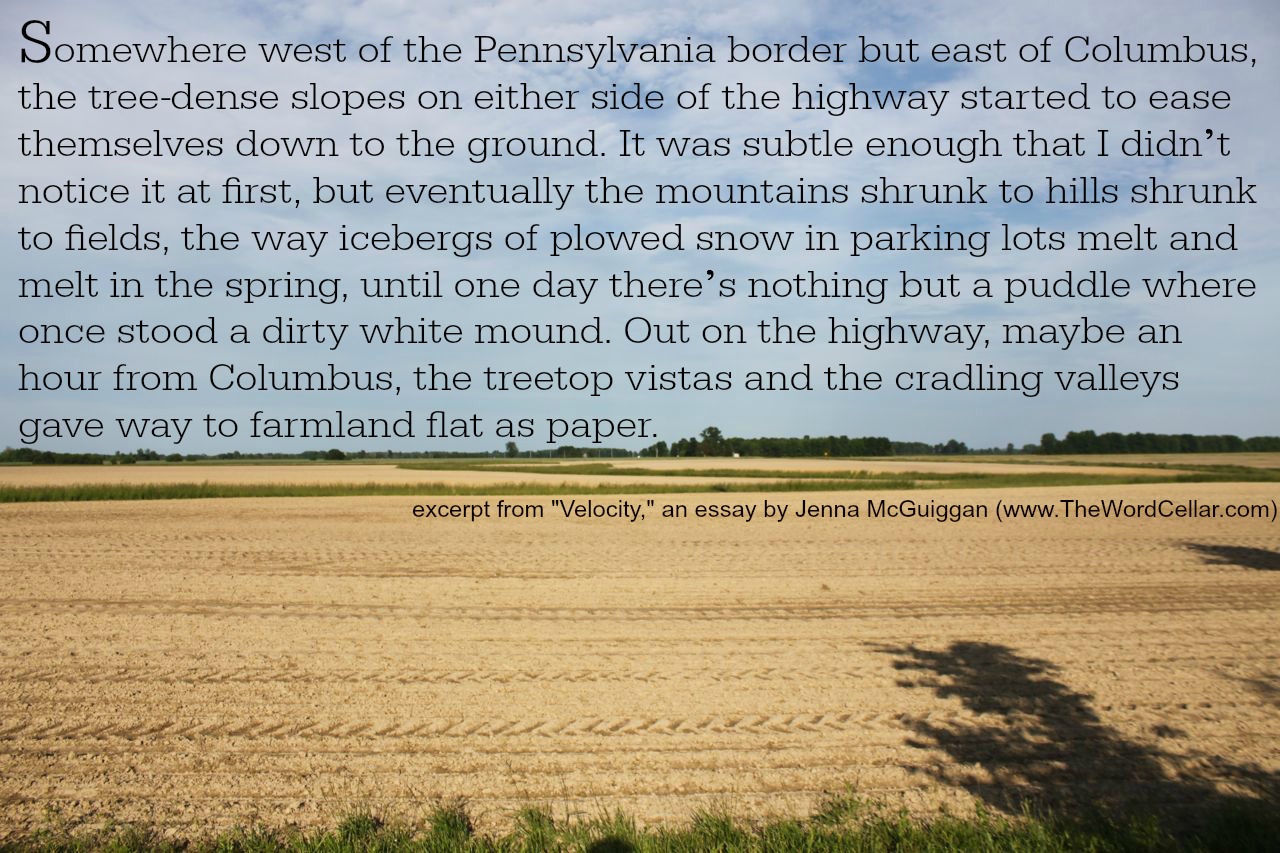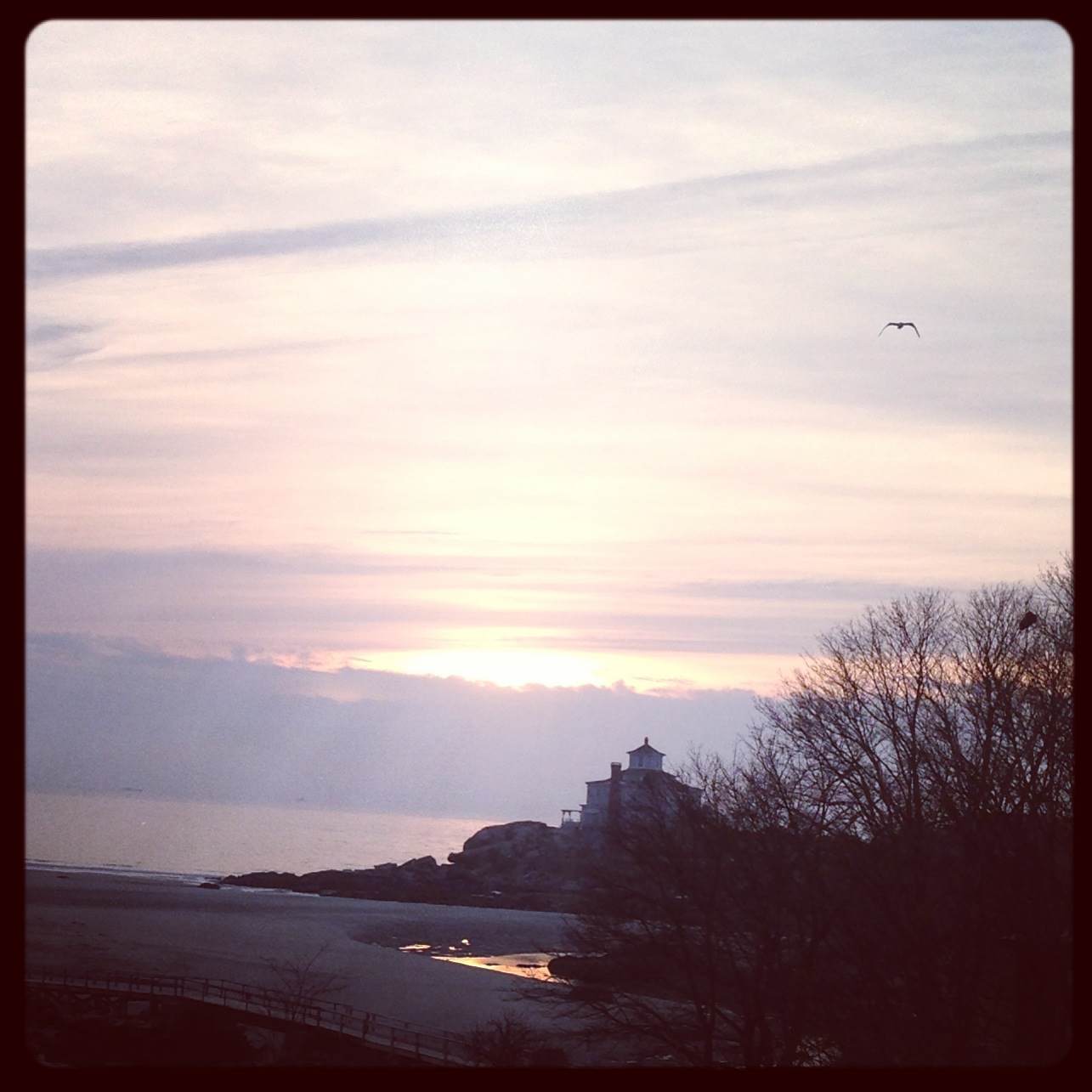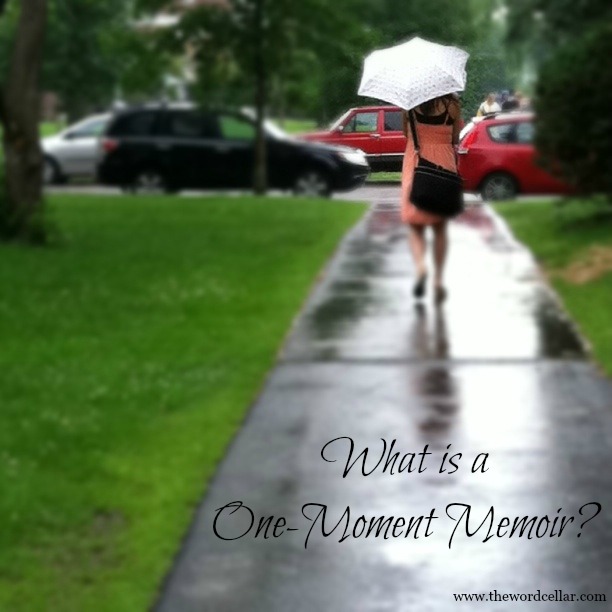
What is a one-moment memoir?
It's that moment when you're washing dishes, and you see your own hand holding a little metal bouquet of silverware, and for a second you think it's your mother's hand.
It's that moment when you hear the loud summer buzz of cicadas, and a line of poetry floats into your mind, begging you to capture it for later.
It's that moment when the watermelon you're washing in the kitchen sink whispers "carpe diem" to you.
It's that moment before the kiss, before the phone rings, before the car crash.
It's that moment when you fall asleep on the floor with your lover during a rainshower and years later you wonder if you dreamt the whole thing: the rain, the nap, the lover – all of it.
It's that moment when the sun slants just so, or the clock ticks too loudly, or you hear church bells ringing on the wind.
One-moment memoirs are those moments big and small, those moments that matter, those moments that you want to live inside of, or make sense of, or share with others.
Our lives are made of moments.
Even the huge, earth-shattering events are composed of individual moments. And sometimes a seemingly small, quiet moment sticks with us for our whole life because it was infused with something deeper, something more.
Sometimes we understand and can articulate that meaning, and sometimes we can only see its importance in our peripheral vision.
Writing deeply into one moment can help us to find the meaning within it – and to convey that meaning to others.
This is the kind of writing I love to do. This is why I write essays and blog posts and flash nonfiction. This is why I write the stories of my life, one day at a time, one moment at a time, sometimes one breath at a time.
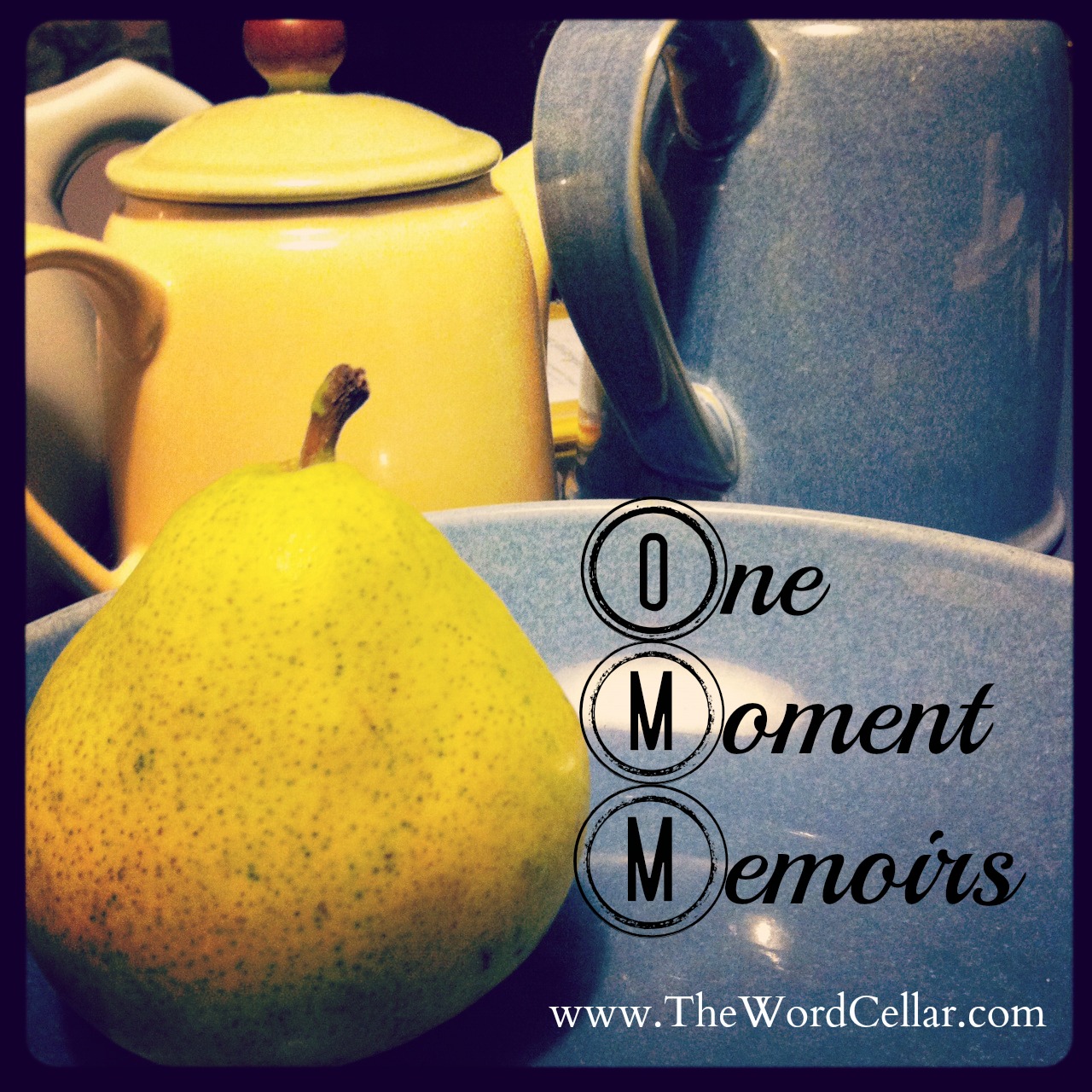 And this is why I created the One-Moment Memoirs Writing Workshop, to help you write the stories of your life, moment by moment.
And this is why I created the One-Moment Memoirs Writing Workshop, to help you write the stories of your life, moment by moment.
Capturing the significance and intricacies of our life in words, and committing that to the page can be a daunting task, I know. It can feel overwhelming to decide what to reveal and what to conceal, which details to include and which to leave out. It can be hard to convey the depth and breadth of our life stories so that our experiences connect with our readers.
I want my writing to resonate with others. I want people to read my stories and feel a spark, a recognition, a sense of surprise or a sense of "me too." I want to make art from the matter of my life. I want my words to reach into your heart, your mind, the center of your being.
And I want you to do the same with your words, your stories.
Is this grandiose? No. Or yes. I don't know, and I don't really care. If you love art and music and books and films.... If you create art or music or books or films... Then you know what I'm talking about. We engage with with art because it reaches us or wakes us up or soothes us or simply makes us feel alive and well. And I think we create art of all kinds for the same reasons: to wake up, to soothe, to feel alive and well. As artists and writers, we want those things for ourselves, and we want them for the people who engage with our work.
One-Moment Memoirs is for you if...
...you need a new way "in" to your stories.
...you want to write but are afraid/lost/overwhelmed.
...you love to write but want to try something new.
...you want to make sense of your life in words.
...you want to share your life stories with others.
...you want to find a way to write with more ease and more joy.
So I'm asking you: What stories do you have to tell? About the family that you love. About the places that you've been. About the things that you've lost. About the secrets that you keep. About the experiences that make you laugh, make you cry, make you say "hmm...." What are the stories of your life? You can write them, moment by moment. And it will be fun and messy and enlightening and good. It's going to be so good. Will you join us?
The next live, virtual class happens on Saturday, January 24 May 2 (2015).
>>We'll set aside three hours together to learn and write and amaze ourselves and ask and answer questions.
>>We'll gather by conference call from anywhere in the world. (I'll have in-country call-in numbers for you, don't worry.)
>>You'll get a recording of the call to keep, so you can listen to it again (or for the first time if you can't make the live call).
>>I'll walk you through a series of fun, accessible, and surprisingly effective writing exercises.
>>You'll have a glorious hour of personal writing time to dive into one of the stories you've uncovered during the class.
>>We'll have a private online community to support each other.
>>You'll get a workbook with worksheets, resources, and inspiration.
>>You'll be able to choose to receive (kind, constructive) feedback on your writing (but only if you want).
>>We'll play with words, ideas, stories, and possibilities.
>>We'll realize that writing can be fun and exciting.
>>We'll practice being brave.
>>We'll practice being in charge of which stories we tell.
>>We'll practice listening and letting that Something Else (call it The Muse or what you will) guide the way.
>>We'll make art from the stories of our lives.
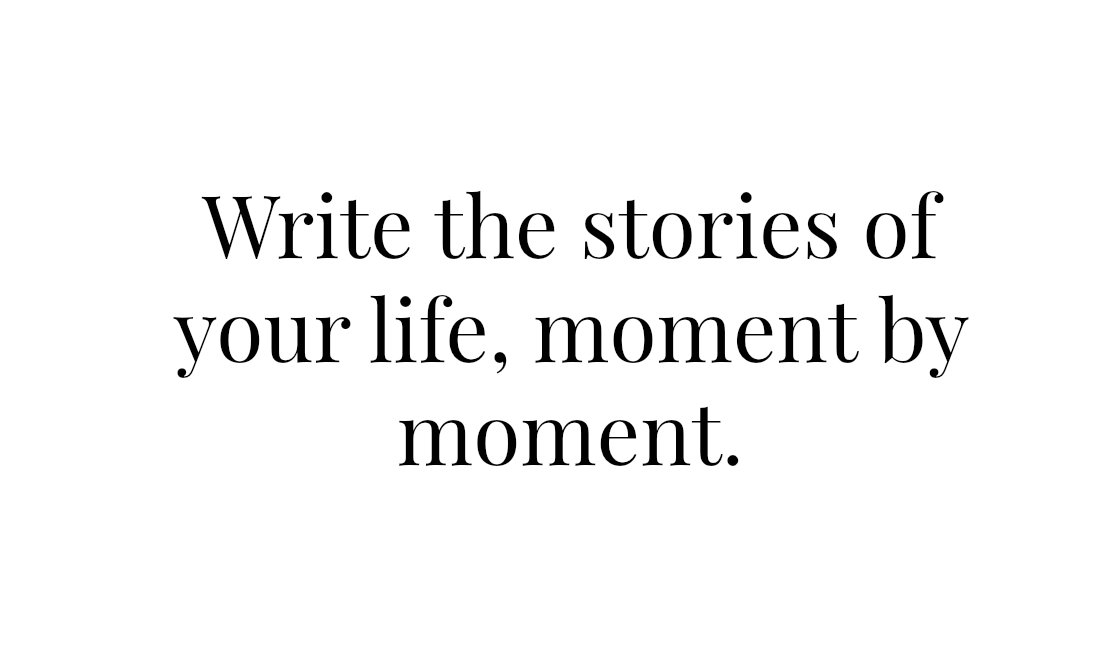 Registration is open.
Registration is open.
I would be thrilled if you joined me.
I think you'll be thrilled, too.
 Monday, August 31, 2015 at 1:21PM
Monday, August 31, 2015 at 1:21PM  everyday essays,
everyday essays,  snippet,
snippet,  vignette
vignette 




